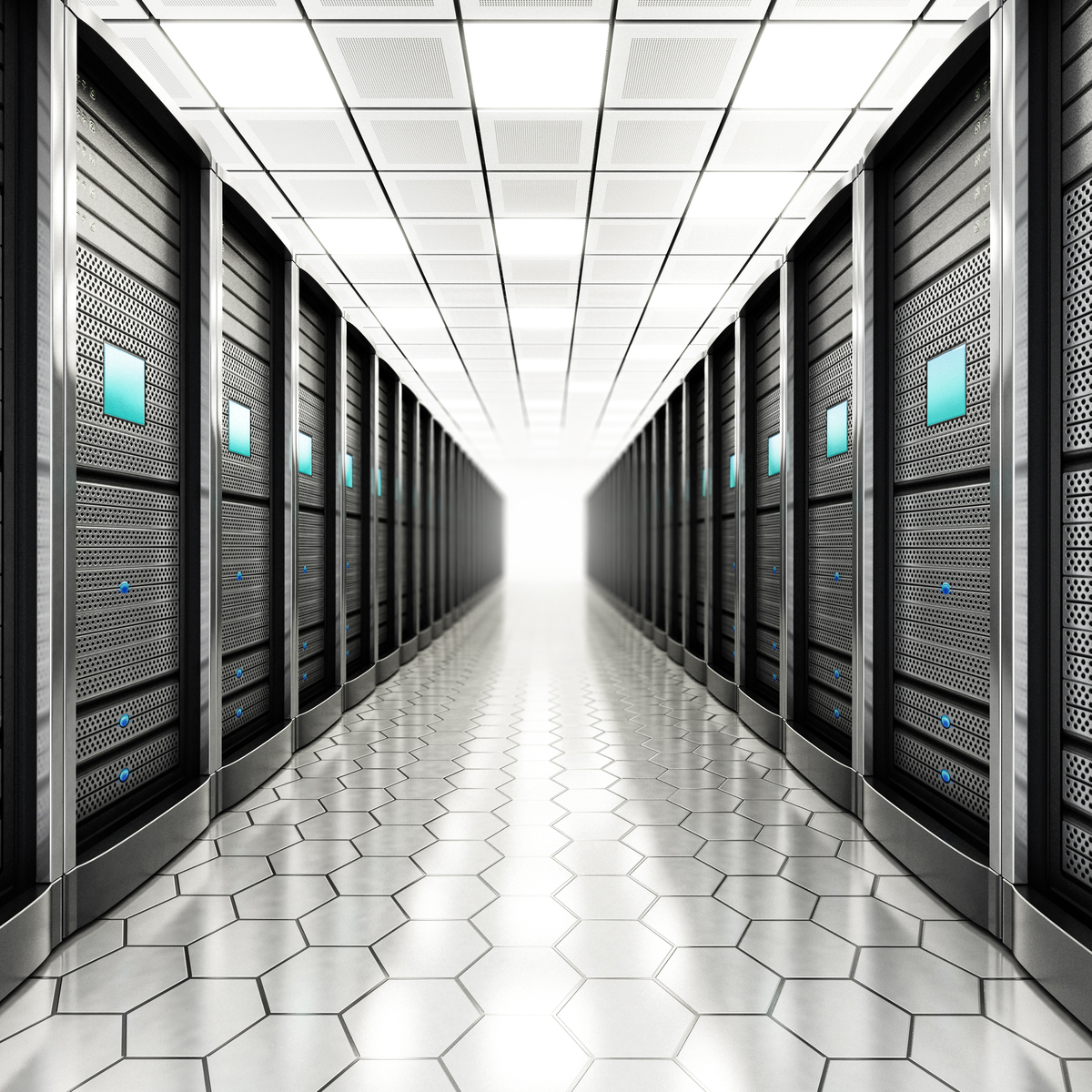
Data centers are all unique - and so is the equipment they require. Like many other facilities, data centers operate 24/7. They are filled with servers and computer equipment, all of which consume electricity around the clock. Due to the sensitive electronics, these centers must be kept clean, and the environments must be carefully controlled at all times. All of this equipment generates heat that has to be safely and efficiently removed to keep the data center operational. Here are some of the key variables that data center equipment must be able to control.
Air Quality
Clean, filtered air is important for almost any type of facility, but it’s particularly important for data centers. Even the smallest bits of dust can cause huge problems over time. Small dust particles and other contaminants can build up on the sensitive electronics located inside a data center. As more of these particles collect, they can cause the servers to get hotter, wear out faster, and can even cause fires in some cases.
Because of the need for extremely clean air, most data center HVAC systems come equipped with advanced filtration systems. In addition to filtration, many data centers require caps and booties on personnel before entering to try to contain contaminants. Building management systems can also control the air pressure inside the server rooms to try to push any potential contaminants out of the room.
Related: Air Filter Applications
Temperature and Humidity
In addition to being sensitive to contaminants, data centers also generate lots of heat. All of the servers and computer equipment drawing power generate heat that has to be efficiently and quickly removed from the server rooms. By carefully distributing cooled air to key points in the server room, the heat from the electronics can be whisked away. If the cooling system fails, or the electronics are allowed to get too hot, essential components may begin to fail. In extreme cases, fires can also be ignited. This is why it is essential that the HVAC system stays reliable and functions as it was designed. Many server rooms are equipped with sensors to alert operators before problems get out of hand.
Related: Remote Monitoring Advancements
Humidity can be a tricky aspect of managing data centers as well. High humidity can be dangerous because it increases the likelihood that liquid water might form on surfaces inside the server room. Liquid water and electronics don’t mix, so this needs to be avoided at all costs. Likewise, if there’s too little humidity, that can cause problems with static electricity. Static electricity can cause components to short out unexpectedly. Data center equipment must keep the humidity within an optimal range to minimize problems.
Partner with the Experts
Keeping data centers safe and operational is hard enough. The experts at Tate and Site Support Services (SSS) know how to keep data centers up and running. Not only are we experts when it comes to mechanical equipment and how it is supposed to work, but we also utilize the latest technology to keep your facility on the cutting edge. By using remote monitoring systems, we can help you detect changes in your building’s systems and make decisions in real time. Partner with the experts. Learn how Tate can help your data center to keep doing what it does best.
